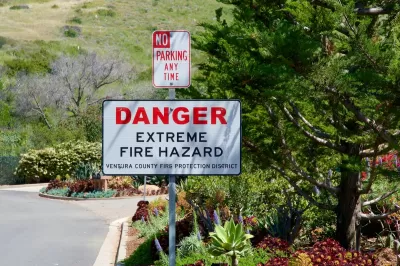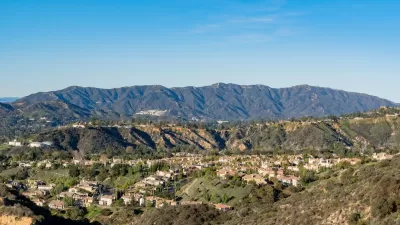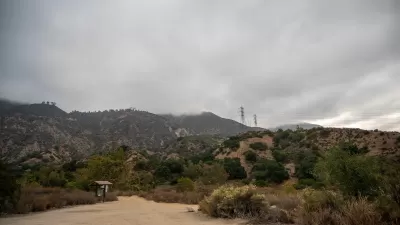Rising global temperatures driven by climate change are intensifying and prolonging wildfire seasons worldwide, necessitating improved forest management, public awareness, and urgent action to reduce fossil fuel emissions.

Wildfires are increasingly frequent and intense, with climate change playing a significant role in creating conditions conducive to fire outbreaks. While most wildfires are sparked by human activity, rising global temperatures fueled by greenhouse gas emissions exacerbate fire-prone conditions, such as extreme heat, dry weather, and drought. A phenomenon called "hydroclimate whiplash," where periods of extreme wetness are followed by severe dryness, has been identified as a key factor in the Los Angeles fires, which were preceded by a wet winter that spurred vegetation growth, later becoming fire fuel due to a record-dry summer in 2024. This trend is part of a global pattern, with wildfire seasons now extended by two weeks and fires occurring outside traditional seasons.
The impact of wildfires is immense, with recent events in California, Canada, and Brazil highlighting the scale of destruction. Rising temperatures have increased the area burned by wildfires in California by 172 percent in recent decades, while in Canada, wildfires in 2023 accounted for more than a quarter of global forest loss for the year. Boreal forests, which cover vast areas in countries like Russia and Canada, are particularly vulnerable, with climate change driving much of the increased fire activity. Globally, wildfires have doubled over the past 20 years, leading to devastating environmental and economic losses while threatening public health and biodiversity.
Experts stress the importance of proactive measures to reduce wildfire risk and improve response capabilities. Investments in early warning systems, better forest management practices, and public education are essential. Strategies include reducing monocultures, managing vegetation through prescribed burns or grazing animals, and implementing fire-resistant landscaping around homes. On a larger scale, addressing the root cause of rising temperatures—fossil fuel emissions—is critical. Organizations like the Union of Concerned Scientists have called on fossil fuel companies to take urgent action to reduce emissions and help mitigate the escalating wildfire crisis.
FULL STORY: How are wildfires connected to rising temperatures?

Trump Administration Could Effectively End Housing Voucher Program
Federal officials are eyeing major cuts to the Section 8 program that helps millions of low-income households pay rent.

Planetizen Federal Action Tracker
A weekly monitor of how Trump’s orders and actions are impacting planners and planning in America.

Ken Jennings Launches Transit Web Series
The Jeopardy champ wants you to ride public transit.

Washington Legislature Passes Rent Increase Cap
A bill that caps rent increases at 7 percent plus inflation is headed to the governor’s desk.

From Planning to Action: How LA County Is Rethinking Climate Resilience
Chief Sustainability Officer Rita Kampalath outlines the County’s shift from planning to implementation in its climate resilience efforts, emphasizing cross-departmental coordination, updated recovery strategies, and the need for flexible funding.

New Mexico Aging Department Commits to Helping Seniors Age ‘In Place’ and ‘Autonomously’ in New Draft Plan
As New Mexico’s population of seniors continues to grow, the state’s aging department is proposing expanded initiatives to help seniors maintain their autonomy while also supporting family caregivers.
Urban Design for Planners 1: Software Tools
This six-course series explores essential urban design concepts using open source software and equips planners with the tools they need to participate fully in the urban design process.
Planning for Universal Design
Learn the tools for implementing Universal Design in planning regulations.
Heyer Gruel & Associates PA
Ada County Highway District
Institute for Housing and Urban Development Studies (IHS)
City of Grandview
Harvard GSD Executive Education
Toledo-Lucas County Plan Commissions
Salt Lake City
NYU Wagner Graduate School of Public Service





























